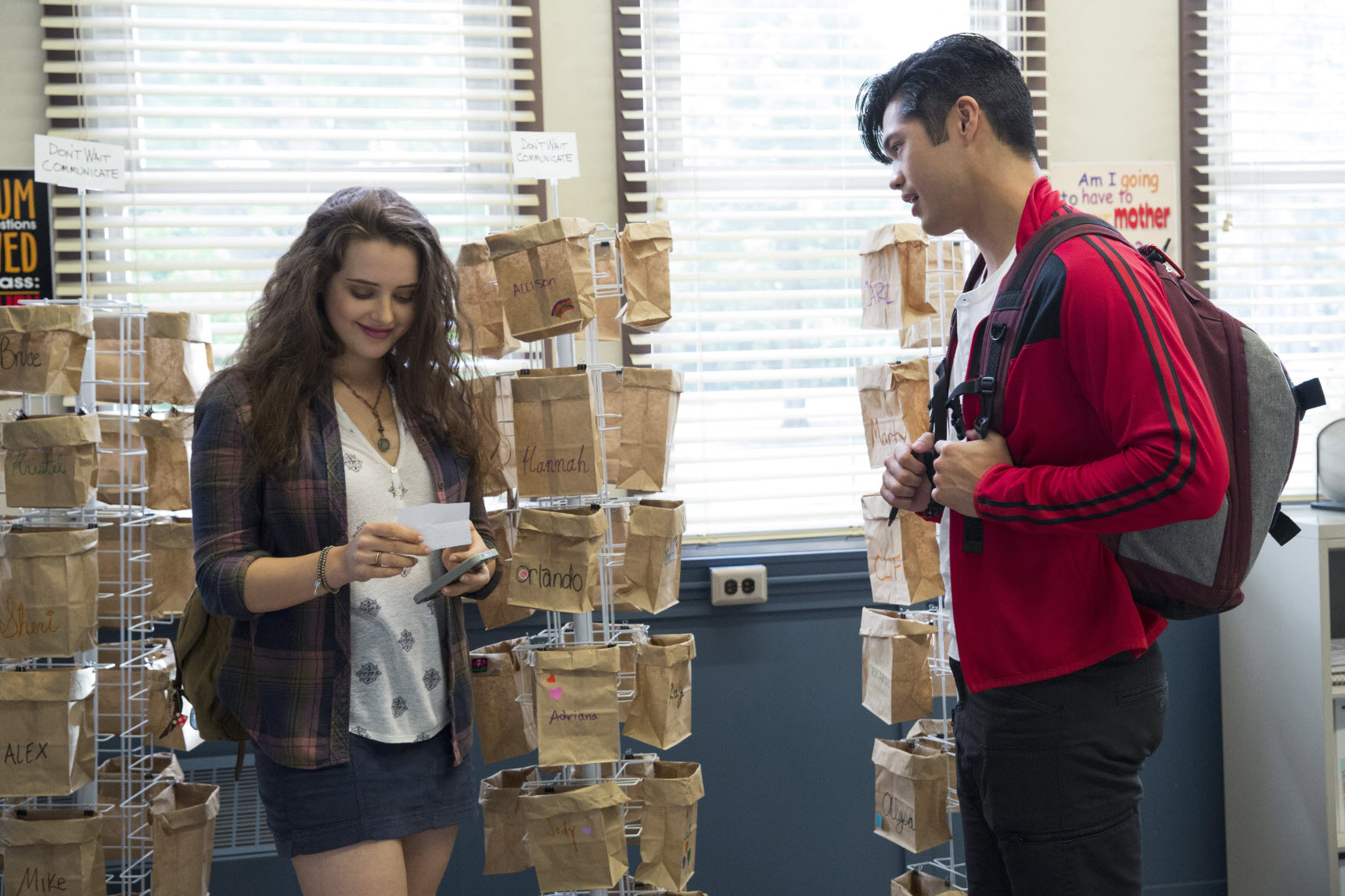When Netflix dropped the trailer for its newest show “Insatiable” just two weeks ago, the backlash on social media was almost instant. Starring former Disney darling Debby Ryan, the show revolves around Patty, an overweight teenager who is bullied constantly for her appearance.
After having her jaw wired shut over the summer, Patty loses her excess weight, becomes popular and decides to take revenge on those who made fun of her. The show was accused of fat shaming and sending a harmful message to teenage girls that your weight directly determines your value.
It wasn’t until an online petition to cancel the show reached over 200,000 signatures that Netflix released a statement to address the controversy. The company’s VP of original programming said that the issue of “fat shaming is in the DNA of the show,” which is meant to be a satirical take on the experiences of creator Lauren Gussis, and that the ultimate message of the show is “that what is most important is you feel most comfortable.”
In theory, it’s a message that should resonate with anyone who has felt insecure about their bodies, and it’s worthy of being addressed in such a widespread manner. After all, a 2016 study found that 94 percent of teenage females and 64 percent of teenage males have experienced body shaming.
But while the intentions behind “Insatiable” might have been noble, the end result of the show is clearly too problematic for its own good. In an attempt to make witty and relatable commentary on body shaming, Netflix has once again proven itself untrustworthy when it comes to tackling serious issues through original content.

This isn’t the first time the streaming service has found itself in hot water over handling a delicate topic. In early 2017, Netflix found itself in a similar situation with its original show “13 Reasons Why,” based off Jay Asher’s novel of the same name. One of the show’s main protagonists, teenage Hannah Baker, commits suicide and leaves 13 cassette recordings behind for those she blames for her death.
It became an instant hit among teens and critics, and lead actress Katherine Langford was even nominated for a Golden Globe for portraying Baker. But whatever positive qualities the show had were instantly overshadowed by the controversy surrounding its portrayal of suicide and mental health in teenagers.
One of the main criticisms from experts is that “13 Reasons Why” glamorizes suicide through the events that occur as a result of the tapes. Many pointed out that the disturbing and explicit scene showing Hannah killing herself could be triggering and even lead to copycat attempts. The show also failed to invalidate Hannah’s line of reasoning for killing herself or even show the complex reasons for why people choose to commit suicide, which is often associated with mental illness.
But like it did with “Insatiable,” Netflix stood by its program, agreeing to release trigger warnings prior to each episode but maintaining that it consulted with mental health professionals while developing the story. It’s almost impossible to argue that issues like body image and mental illness aren’t worthy of their own content, especially when aimed at teenagers. To that end, it’s great that Netflix seems to be paying attention to the issues people care about.
However, the company does not appear to realize that when tackling topics like these, which tend to be very personal and difficult for some people to talk about, is a huge responsibility. When done right, shows or movies like “Insatiable” and “13 Reasons Why” have the potential to start conversations and give issues that would have otherwise been ignored a positive platform. When done right.
One such movie was the 2011 television film “Cyberbully.” Released on ABC Family (now known as Freeform), the film revolves around a teenage girl who experiences relentless online bullying after receiving a laptop for her birthday and joining an online social media platform.
The movie was praised for its realistic depiction of cyberbullying and the devastating effects that it can have on an individual’s mental health, and it became a strong jumping point for conversations between parents and teens. Even beyond the movie itself, ABC Family took active steps towards amplifying their message, even hosting a live event called “The Rally to Delete Digital Drama.”
“Cyberbully” doesn’t tackle subject matter that is any more or any less serious than “Insatiable” or “13 Reasons Why.” It simply takes a more generic and less sensational approach that is rewarded with its strong impact. It’s relatable and realistic, and its lack of controversy allows for the focus to be on its message.
That’s not to say that it’s a bad idea for networks to take small risks by tackling taboo subjects with their content. In many cases, that’s the only way that people start to better understand them. However, it must be done with serious thought and care. If it ends up failing, what could have been a powerful message is completely lost to the public.
That’s what Netflix doesn’t seem to understand. It’s one thing to decide to tackle relevant social issues through movies and television, but it’s another thing to exploit them for entertainment. Yes, “Insatiable” is supposed to be a dramedy and not just a PSA. But it takes body image and fat shaming, topics that can be difficult for anyone who has suffered from an eating disorder or questioned their self-worth because of their appearance, and turns them into a joke.
Sure, “13 Reasons Why” is written to be dramatic and suspenseful. But it takes suicide and mental illness, which profoundly affect the show’s teen target audience, and sensationalizes them with no thought as to how it might resonate with those watching.
It’s clear that Netflix pays attention to what people are talking about and wants to join in on the conversations. But until it can get its act together and learn how to do so without getting a show boycotted, then it should probably stick with safer topics.

















